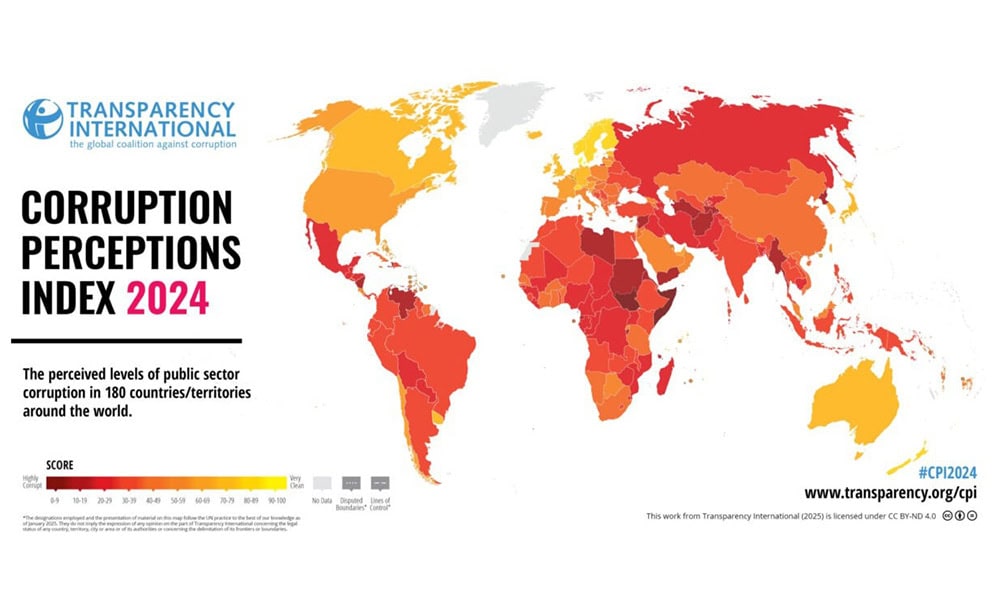A conglomerate of 12 chambers and business groups issued a joint press release this Friday, December 13, celebrating Costa Rica’s entry into the Pacific Alliance. The conglomerate, called Consejo Empresarial para la Alianza del Pacífico (CEAP) catalogued Costa Rica’s entry as a “milestone” for the country’s integration to one of the most dynamic platforms of economic, commercial and political cooperation in the world. They also thanked the Government, which through the Ministry of Foreign Trade (Comex) did the work to achieve the entry.
The Pacific Alliance is an economic group originally formed by Chile, Colombia, Mexico and Peru. It seeks to promote the free circulation of goods, services, capital and people among its members.
Importance of the Alliance
Since its creation in 2011, it has established itself as a benchmark and has accounted for more than 40% of the region’s Gross Domestic Product (GDP). “It is strategic not only because of the trade and investment opportunities it offers. But also because of its alignment with the country’s core values, such as respect for sustainability and the drive for technological innovation,” CEAP noted.
“This step positions us as a key player in the global economy, increasing its attractiveness for foreign investment and generating a positive impact on the competitiveness of our exports,” the council added. The business group reiterated its commitment to work together with the government and the private sector to maximize the benefits of this integration.
It also urged Costa Rican companies to prepare themselves to take advantage of the opportunities that this new scenario offers, both in terms of market access and productive linkages.
The journey began governments ago
The possibility of joining the Pacific Alliance has been on the table in Costa Rica since Laura Chinchilla’s administration. The administrations of the Citizen Action Party (PAC) sent the plan to the freezer because of its ideological line. At the beginning of Rodrigo Chaves’ administration, the rapprochement was reactivated.
Then came the political differences between Mexico and Peru, which affected the Alliance. Now, Colombia has ceded leadership to Chile, so a normalization in the operation is expected.
The international forum was formed in 2011 and continues to be marked by the trade issue. However, its agenda has grown and covers topics such as:
Tourism
Culture
Youth
Promotion of MSMEs
Inclusive trade
Environmental sustainability
Innovation
Digital economy
“It is strategic for a country like ours”
The Council for the Promotion of Competitiveness (CPC) also spoke in favor of Costa Rica’s entry. “Being part of this bloc, which represents almost half of Latin America’s GDP is strategic for a country like ours, with a marked vocation towards exports, attracting foreign investment, and the implementation of best practices and global knowledge,” said the council’s vice president, Shirley Saborío.
The CPC also spoke in favor of progress towards Costa Rica’s integration into the Trans-Pacific Partnership, which represents 15% of world production. This bloc extended a formal invitation last November 28 for the country to begin its accession process.
– Advertisement –
Source link
TCRN STAFF



